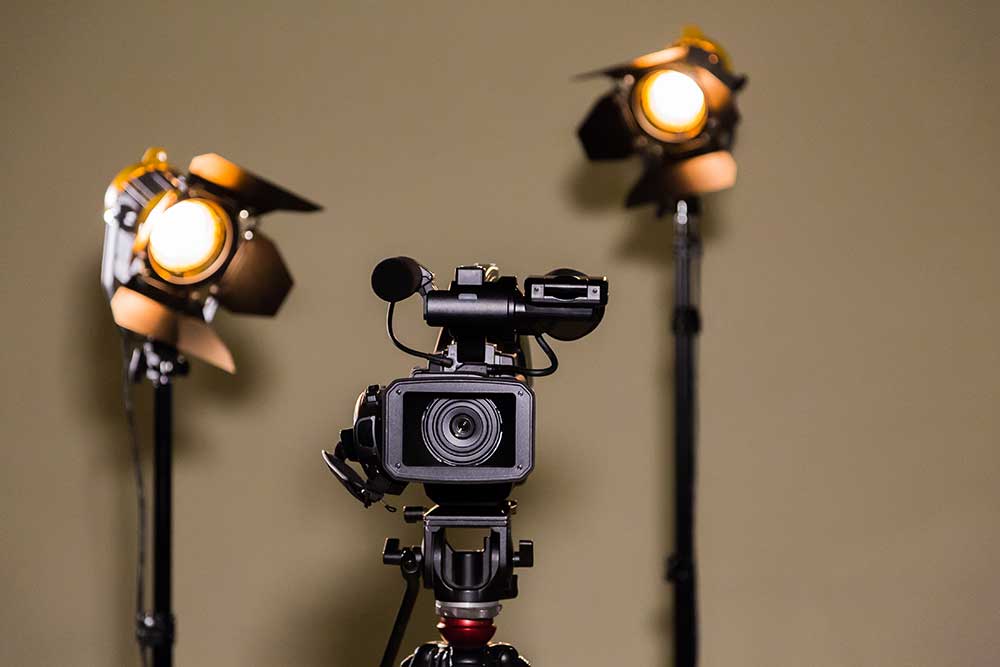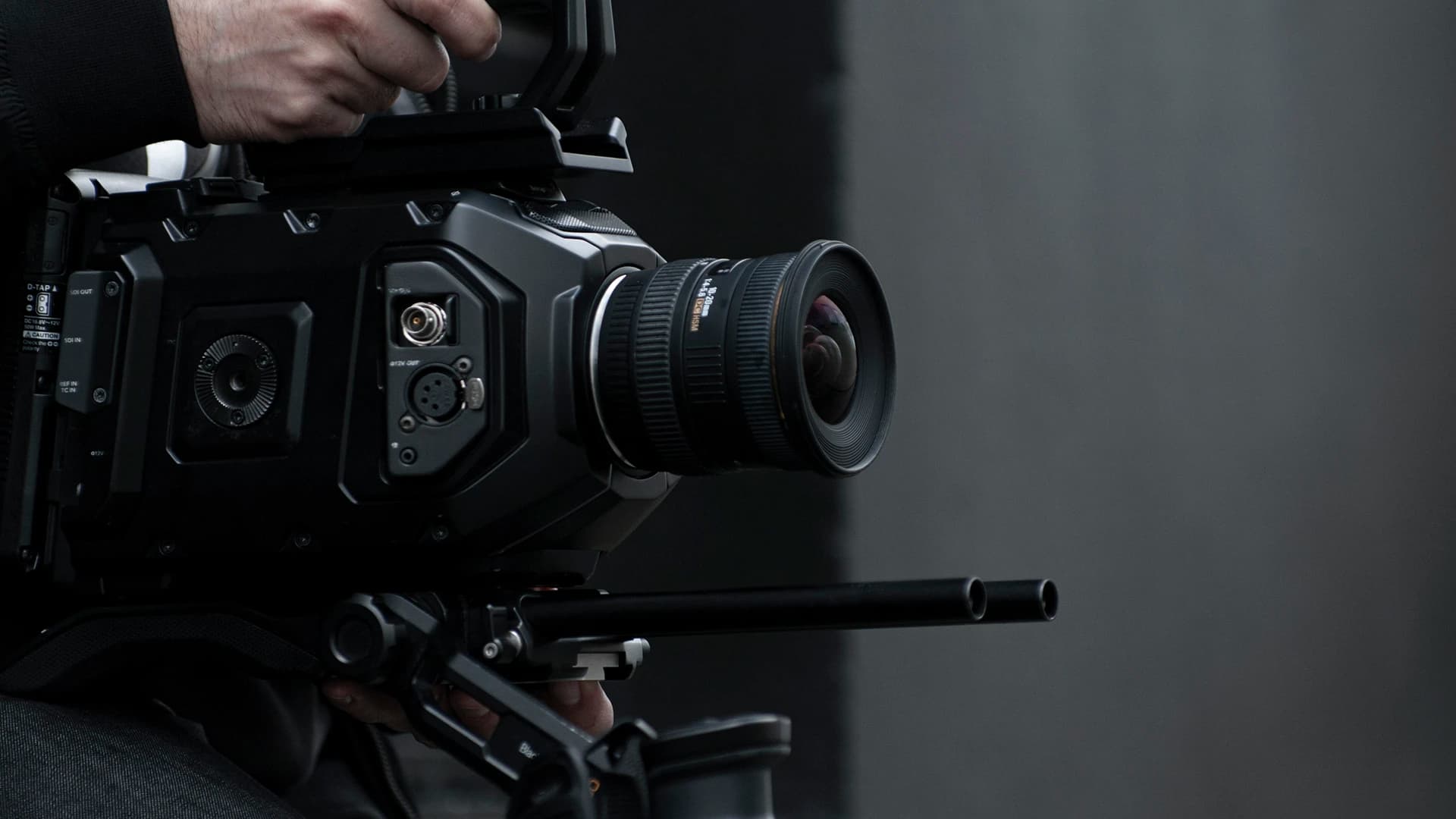Skilled Legal Videography Services for Litigation Needs.
Skilled Legal Videography Services for Litigation Needs.
Blog Article
The Function of Legal Videography in Depositions and Tests
Lawful videography has arised as a necessary tool in both depositions and tests, providing a multifaceted technique to documenting witness testaments. As legal experts increasingly acknowledge its worth, it triggers a much deeper assessment of just how these visual documents can influence juror understandings and test results.

Importance of Legal Videography
Lawful videography plays a pivotal function in the documents and presentation of depositions and trials. This customized field integrates technological skills with legal expertise to create a trusted record of proceedings that can substantially affect case end results. The aesthetic aspect of legal videography improves the understanding of witness testament, permitting jurors and judges to observe not only the talked words but likewise the behavior, feelings, and body movement of the witnesses.
Furthermore, legal videography offers an objective account of events, minimizing the potential for misinterpretation that can occur with written records alone. This aesthetic paperwork acts as a crucial device throughout test presentations, helping with a more clear and even more influential narrative for both plaintiffs and offenders. The capacity to replay video segments throughout court process makes it possible for legal groups to highlight key points, enhancing their disagreements effectively.
The significance of lawful videography expands past the court room; it likewise plays an essential duty in maintaining proof for future reference, whether for appeals or additional lawsuit. Because of this, its combination into the lawful process is crucial for making sure a fair and precise representation of the truths, ultimately adding to the search of justice.

Refine of Legal Videography
While capturing the nuances of depositions and trials, the process of lawful videography entails several vital actions that ensure premium, precise recordings. Originally, an expert lawful videographer prepares by assessing the case materials and comprehending the specific requirements of the deposition or trial. This preparation includes familiarizing themselves with the individuals and the context, which assists in recording relevant details.
On the day of the recording, the videographer sets up the necessary equipment, which usually includes high-def cameras, microphones, and proper lighting. Ensuring optimum angles and audio top quality is critical, as it straight affects the performance of the recording. The videographer connects with lawyers and participants to establish protocols, ensuring that every person recognizes the recording process.
During the deposition or test, the videographer carefully tape-records the proceedings, paying attention to both spoken and non-verbal signs. This includes capturing the demeanor and responses of witnesses and lawyers. After the session ends, the videographer might edit the video for quality and compliance with legal criteria, creating an end product that properly shows the proceedings for future referral and usage in legal contexts.
Advantages in Depositions
The consolidation of videography in depositions offers countless advantages that improve the general procedure of gathering proof. One main benefit is the capacity to catch witness testaments with aesthetic and auditory fidelity, giving a more accurate depiction of the witness's demeanor, tone, and body language. This multidimensional approach permits lawyers and juries to analyze integrity better than conventional written records alone.
Additionally, videographed depositions work as a powerful tool for maintaining testimony. Must a witness become not available for test, their recorded deposition can be played in court, making sure that their evidence stays obtainable and relevant. This element significantly decreases the threat of shedding essential info that can affect situation end results.

Lastly, videography enhances the total professionalism and reliability of the deposition process, instilling confidence in clients regarding the thoroughness of their legal depiction (legal videography). By leveraging modern technology, attorneys can considerably improve the effectiveness of depositions
Influence On Tests
In lots of tests, the integration of videography can considerably affect the presentation of evidence and the court's understanding. Legal videography captures witness testaments and critical proof in a dynamic format, permitting jurors to involve with the material on multiple degrees. This visual component boosts the storytelling aspect of a test, supplying context and emotional vibration that conventional text-based proof might lack.
Moreover, video clip recordings can work as effective devices for impeachment during interrogation. When inconsistencies occur in between a witness's prior declarations and their court testimony, video clip evidence supplies an objective reference that can guide jurors' viewpoints. This immediacy and clarity can boost the reputation of a celebration's story while concurrently undermining opposing disagreements.

Future Trends in Legal Videography
As we look towards the future of lawful videography, a number of emerging patterns promise to reshape its function within the court. One considerable pattern is the combination of man-made intelligence (AI) in video analysis and modifying. AI can streamline the process of recognizing essential moments in tape-recorded depositions, enabling attorneys to quickly access relevant web content, therefore boosting effectiveness in situation preparation.
Additionally, the surge of digital truth (VR) and enhanced reality (AR) technologies is anticipated to change exactly how jurors experience evidence. legal videography. By submersing jurors in a substitute atmosphere, these technologies can provide an extra extensive understanding of complicated scenarios, bring about even more informed considerations
Additionally, the enhancing demand for remote depositions, increased by the COVID-19 pandemic, will likely continue. Lawful videographers will need to adjust to new software and systems to guarantee premium recordings in virtual setups.
Lastly, the expanding emphasis on data security will certainly necessitate more stringent procedures for saving and sharing video proof. As the legal landscape evolves, lawful videographers should remain abreast of these trends to keep their relevance and performance in the judicial process.
Verdict
In recap, lawful videography offers a crucial function in the judicial procedure, enhancing the integrity of depositions and trials. As innovation proceeds to advance, legal videography is poised to additional change its function within the lawful landscape.
Report this page